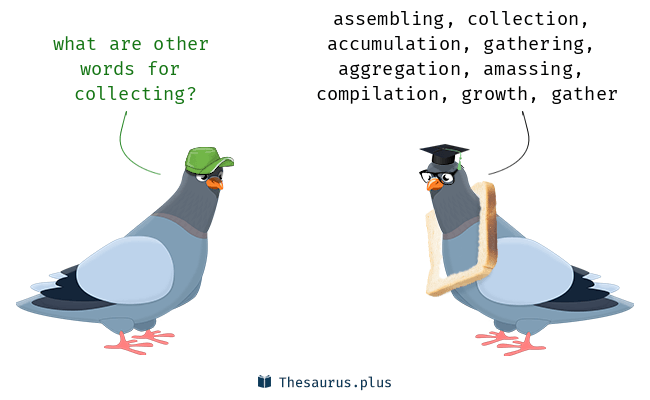Listening & Collecting

Over twenty years ago now, when I was in medical school at the University of Missouri, I wandered over to the main campus looking for a writing class, and, in a stroke of good fortune, found an excellent writing teacher, Janet Desaulniers. She was all the good things you want a writing teacher to be—smart, funny, attentive, encouraging, dexterous with language and form. She teaches now in the MFA program in writing at the School of the Art Institute in Chicago. Last year she did an interview with Alex Shapiro which appears in the on-line magazine, Identity Theory. The entire interview is worth taking a look at, but the bit I want to draw attention to here is the bit, about halfway through, when she begins to talk about writing the story, “After Rosa Parks,” which appears now in her fine collection, What You’ve Been Missing.
She talks about how when she was first trying to write “After Rosa Parks” she would start with a piece of something—a strong something—a moment or a snatch of dialogue—and then she’d find herself forcing it, trying to make it into a scene, trying to make it become a story. She says this:
It was so utilitarian. Not to mention agonizing. I kept killing each spark of promise because I kept pushing each one past what I knew for sure. And that’s how you end up telling the kind of lies fictions cannot tell. Anyway, enduring the pain of failing and failing that story, which I very much wanted to tell, opened me up to seeing early composition in new ways. Now I start with collecting things. I don’t try to know anything and lead anything.
Seeing early composition in new ways. Collecting. And she goes on to tell how she started this process of collecting with one of her students. He was a talented writer, had been in the writing program at Chicago for three years, and he was feeling this kind of suicidal desperation because he hadn’t yet written anything he felt was good enough. And she made this deal with him—1666 words a day. For a month. That was the deal. Not trying to make these words be anything yet. Not trying to write a story—or a poem—or even an essay. Just collecting things. She describes it like this:
. . . once you start collecting things you come to respect discrete units of significance for what they are. You don’t say, Oh, I own this really good interlude, now how can I hook it up with something else? Because you’re not making. You’re collecting. So it’s all about listening to the sound of matter. Of significance. It might be an observation; it might be a piece of dialogue. If you have to write 1,666 words a day, everything’s game. At breakfast my husband would say, “You know, I think this sweater’s going to change my life.” And after I finished laughing, I thought, Right, I’m taking that.
Discrete units of significance. I like that. Later in the interview she talks about the next steps—taking these units and using craft to create and discover form in these units. But I’m interested now, and first, in the units themselves. The early stage of composition. And I’m writing about this here because I’m trying to write this month about finding forms for writing in the wake of loss and illness. (It may not be entirely obvious that this is what I’m trying to do, but it is where I’m aiming with all of this.) The way it sometimes happens that loss and illness can disrupt old forms—interrupt them—or sometimes make it seem like the old forms are not quite so relevant as they once were. Or maybe not as feasible as they once were. I’ve seen recovery from addiction disrupt old forms. I’ve seen serious illness do this. I’ve seen postpartum depression do this. Even childbearing can do this. That ironing board [from my last post] in the middle of the room. The ordinary—and sometimes not so ordinary—interruptions of young children. Any one of these things can interrupt old forms—can interrupt a formerly coherent story—or what seemed to be a coherent story.
There’s actually a piece research on writing and health that shows that finding and creating coherence in a narrative can promote health—and I’ll have to get to that this month—but first I think it’s important to celebrate the pieces—to not aim for coherence too soon. There’s that bit above from Janet’s interview: when we push something we can end up telling lies. The kind of lies fiction cannot tell. Yes. Yes. To refrain from forcing narrative is a way to keep from telling lies. It’s a way to tell the truth. One piece of truth and then another piece. And not even trying to figure out in the early stages how these pieces might fit together. Not forcing them into a form that doesn’t fit them——
Thus. . . collecting. Perhaps collecting as a way to begin (again) when something has been disrupted or interrupted. Just collecting. Nothing more than that and nothing less. Maybe 1666 words a day. Or maybe 606 words a day. 106? For any given person it might be different—how many words are enough. But, in any case, collecting. Gathering the raw material. And with a hunch, perhaps, that the gathering itself might matter.
____________________________________________
The image is from Thesaurus.plus
